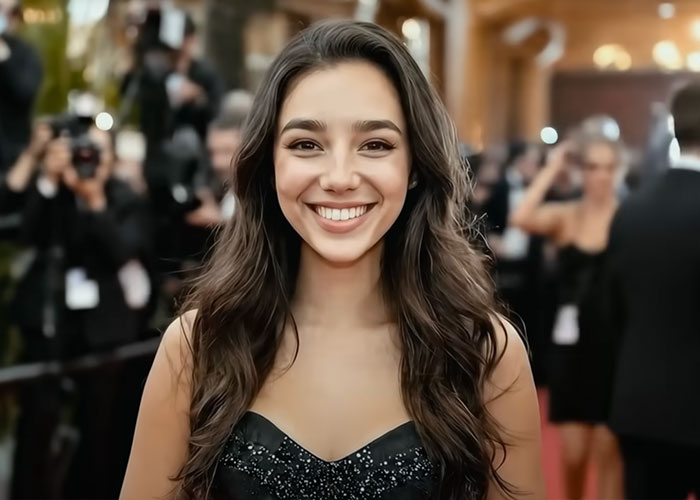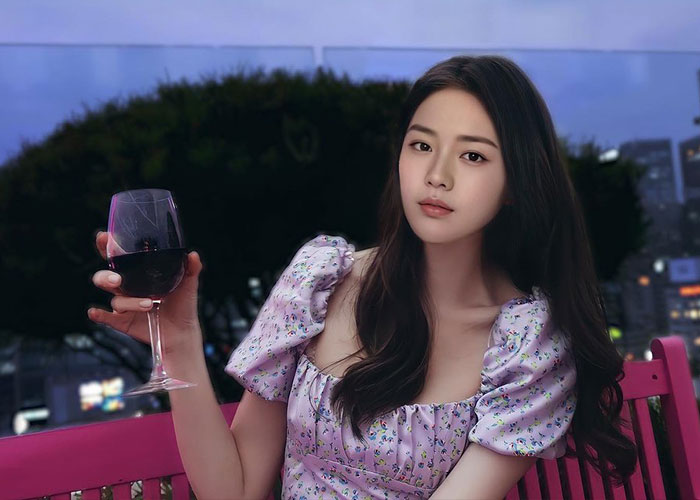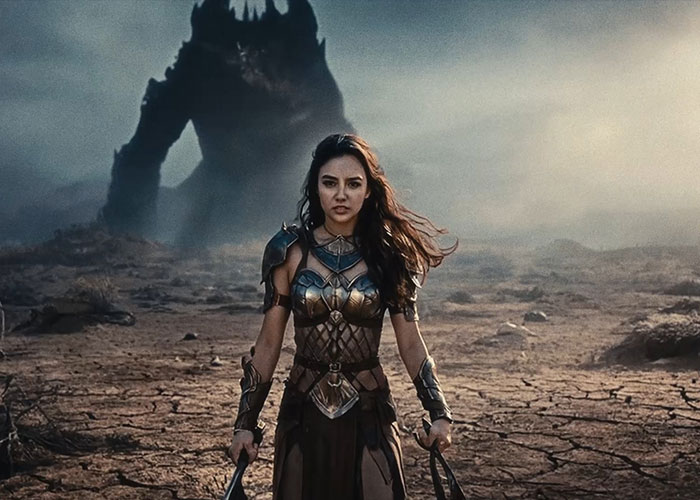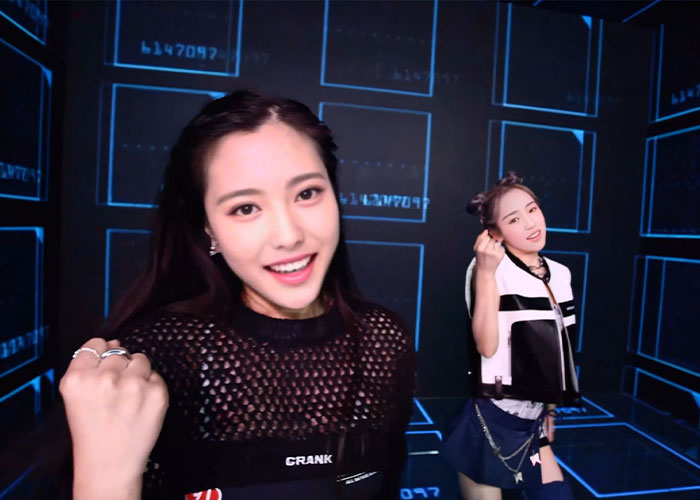Emily Blunt has joined a growing chorus of Hollywood stars voicing concern over the rise of AI-generated celebrities. The actress specifically called out virtual performer Tilly Norwood, describing her as “terrifying” and urging talent agencies not to sign her.
Norwood, designed by AI talent studio Xicoia and unveiled by actress and filmmaker Eline Van der Velden at the Zurich Film Festival, was created to resemble a composite of well-known actresses. Marketed as “the next Scarlett Johansson,” the AI star quickly sparked interest from talent agencies—something Blunt and others fear could undermine the future of real performers.

“That is really, really scary,” Blunt said when shown an image of Norwood in an interview. “Come on, agencies, don’t do that. Please stop taking away our human connection.” When told that Norwood was modeled after Johansson, Blunt cut in sharply: “But we already have Scarlett Johansson.”
The Threat of “Perfect” Virtual Talent
Unlike human performers, AI celebrities come with traits that studios and agencies find hard to resist. They don’t age, tire, or demand expensive accommodations. They’re never late, never controversial, and can work around the clock without complaint. From a business perspective, they seem like the ideal investment. But to Blunt and many others, this very perfection is the problem.
Blunt argued that the industry risks losing something essential—the human flaws and connections that make storytelling powerful. “Please stop taking away our human connection,” she pleaded.
Hollywood Pushback
Blunt isn’t the only one speaking out. Melissa Barrera, star of Scream, vented on Instagram: “Hope all actors repped by the agent that does this, drop their a**. How gross, read the room.”
Former Matilda star Mara Wilson also criticized the ethics behind Norwood’s creation: “And what about the hundreds of living young women whose faces were composited together to make her? You couldn’t hire any of them?”
On The View, Whoopi Goldberg took a broader view, noting that these AI creations draw from a blend of countless human talents. “It’s got Bette Davis’ attitude, Humphrey Bogart’s lips, my humor,” she said. “It’s an unfair advantage. You’re suddenly up against something generated from thousands of actors.”
Goldberg also lamented the larger societal impact. “If you stick with this, with AI, you won’t have any connection to anything but your phone,” she warned.
The Creator Defends Tilly Norwood
Despite the backlash, Norwood’s creator, Eline Van der Velden, defended the project, calling it an experiment in creativity rather than a threat. “Tilly Norwood is not a replacement for a human being, but a creative work, a piece of art,” she wrote on Instagram.
According to Van der Velden, AI characters like Norwood are simply tools for storytelling. “Like many forms of art before her, she sparks conversation, and that in itself shows the power of creativity.”
A Global Trend
While Hollywood is just beginning to grapple with the idea of virtual celebrities, the concept has already gained traction in Asia. In South Korea, for example, K-pop companies have been experimenting with AI groups for years.
One of the most notable is Eternity, a girl group created entirely through AI by the company Pulse9. None of its 11 members exist in real life, yet they perform on screen with the precision and energy of Korea’s biggest idols. Zae-in, one of the group’s most popular figures, is designed to embody an idealized performer—able to rap, sing, act, and even create fashion. Multiple people can control her movements and voice, allowing her to churn out content nonstop.
Pulse9’s CEO Park Ji-eun explained the appeal: “She has characteristics that most human artists would be hard-stretched to pull off.”
Beyond fully virtual stars, AI is also increasingly being used to enhance human performers. From polishing vocals to translating songs into multiple languages, companies like Hybe—the powerhouse behind BTS—are already using AI to push music into new territories.
The Future of Fame
Industry experts predict that the line between real and virtual talent will continue to blur. Some see AI as a natural extension of creative technology, while others view it as an existential threat to artists whose work depends on authenticity and individuality.
For now, Emily Blunt’s plea resonates with many in Hollywood: while technology may enhance entertainment, replacing real people with digital composites risks erasing the very humanity that makes art meaningful.









